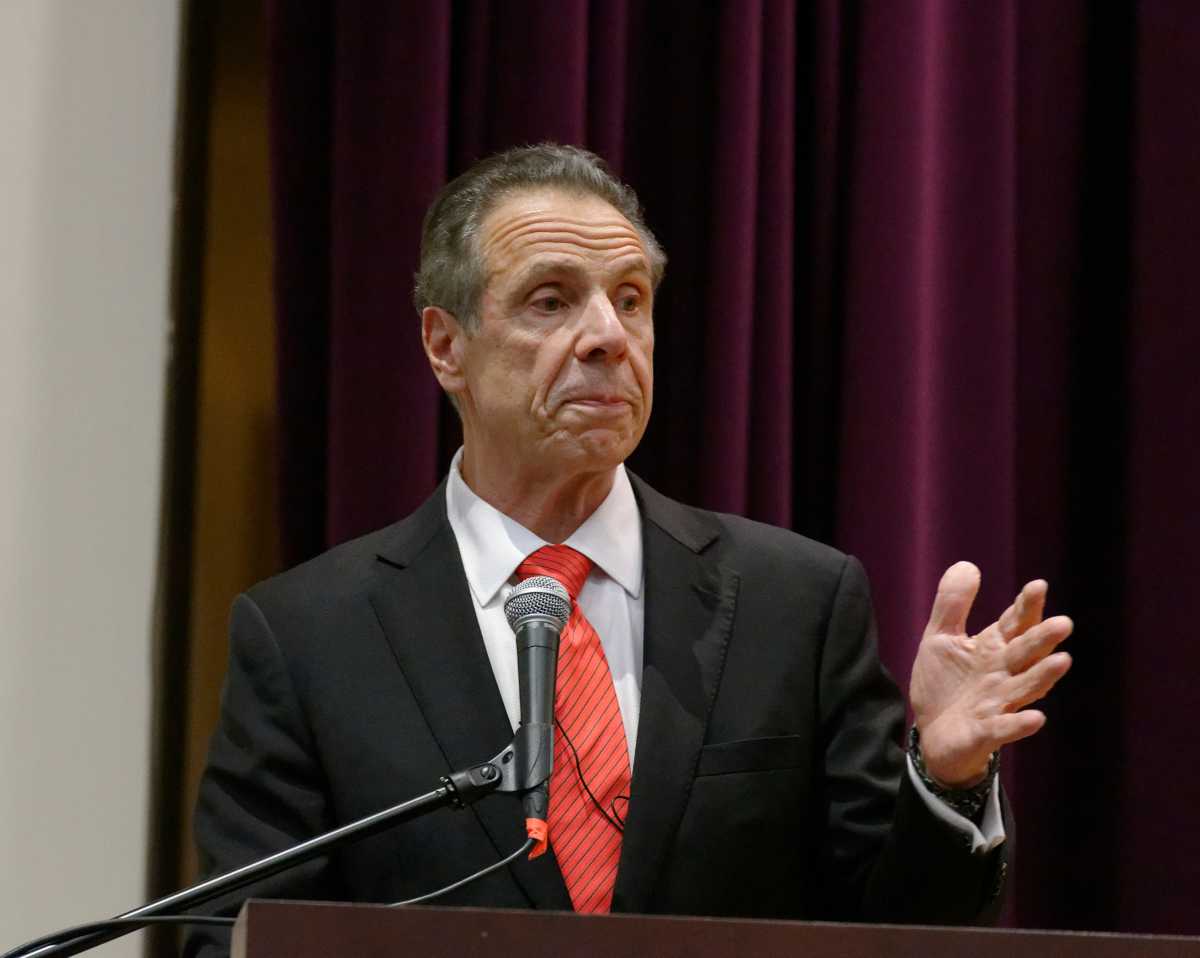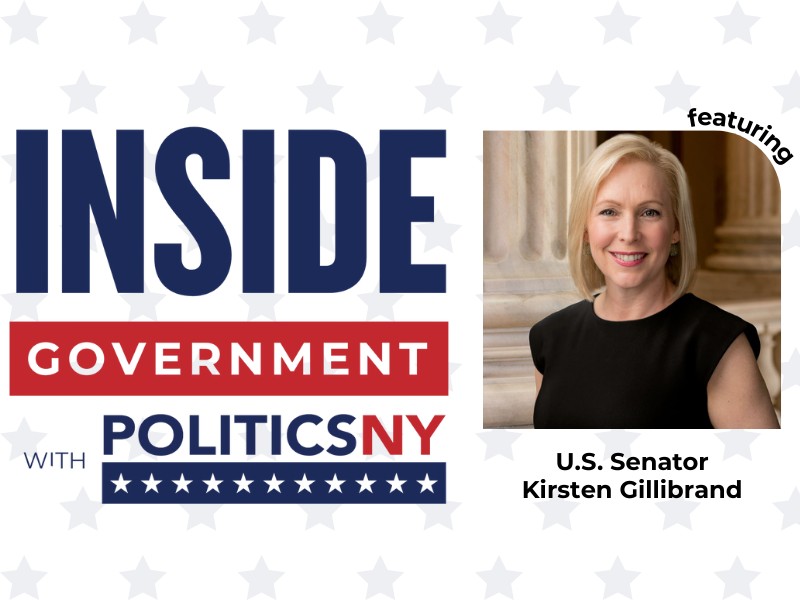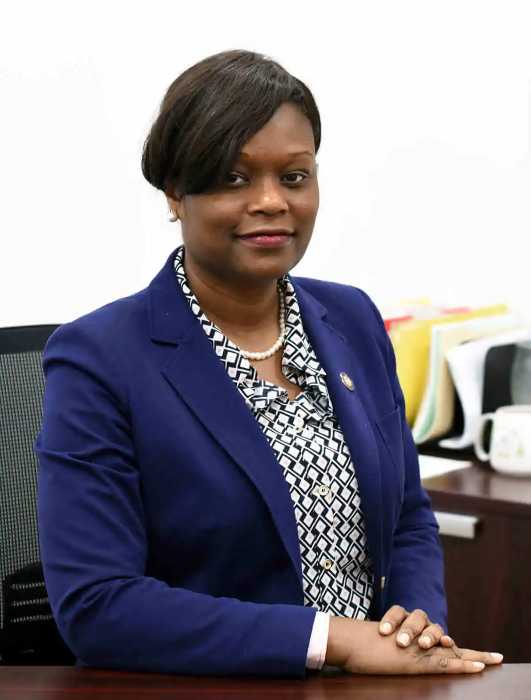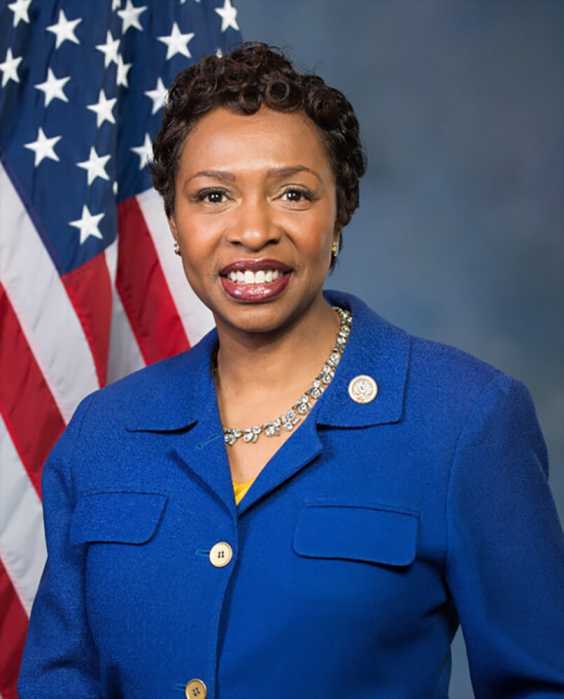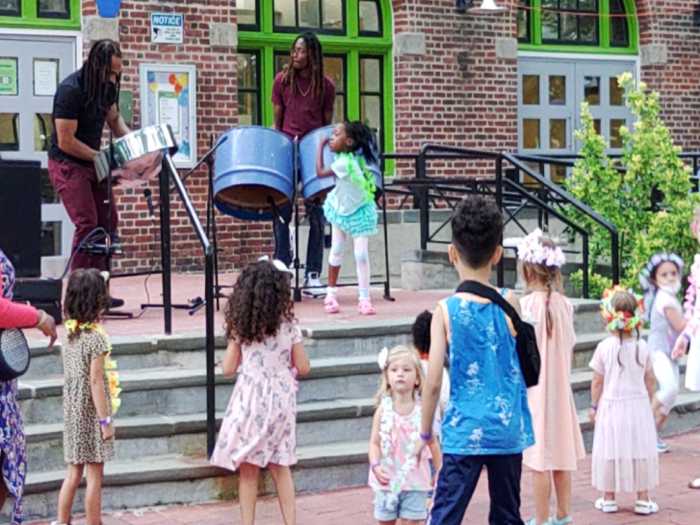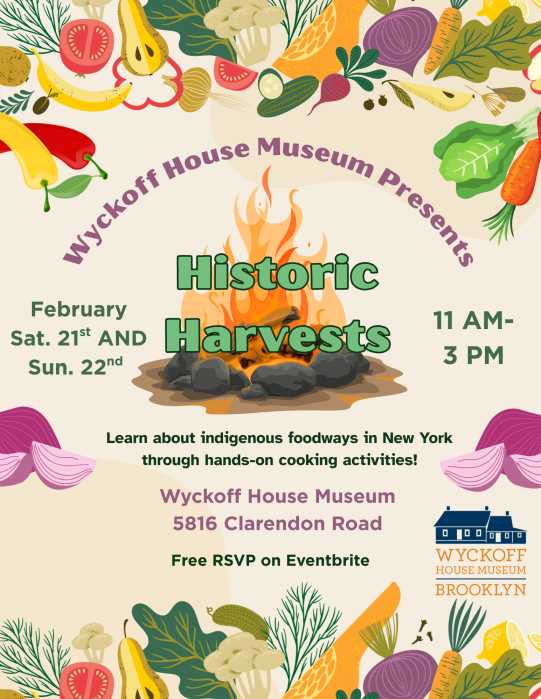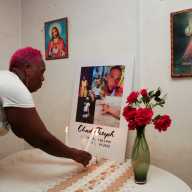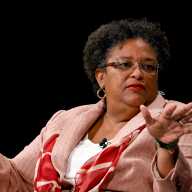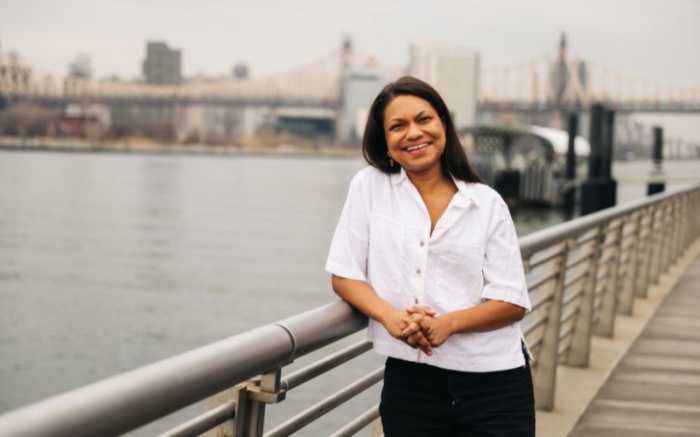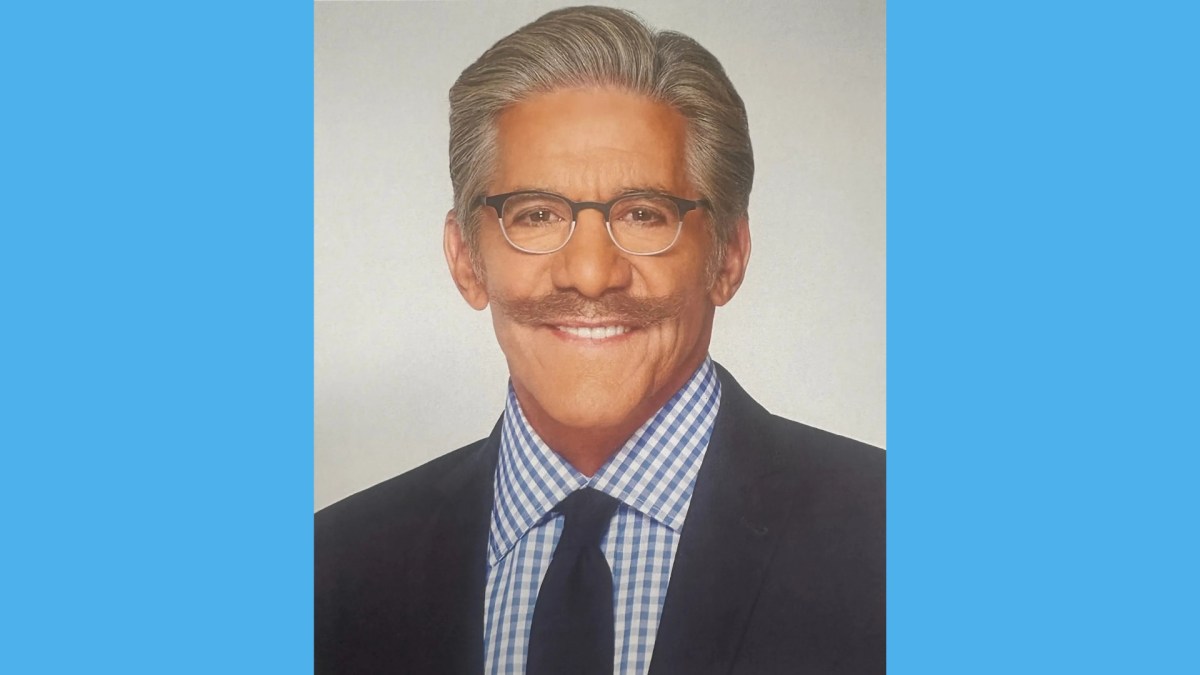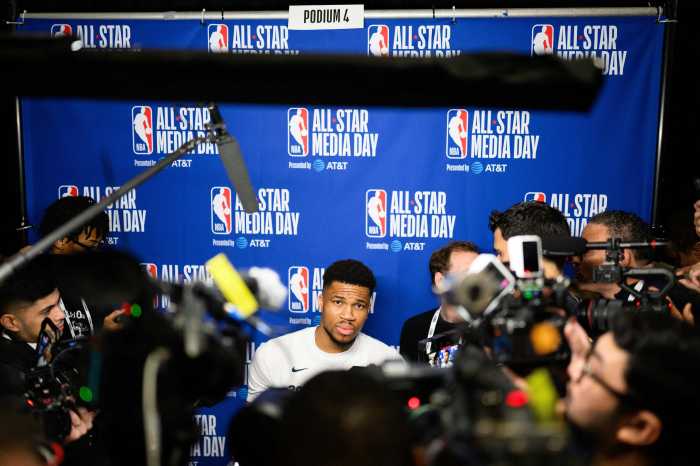Once the beloved benefactor of his father’s legacy to govern New York State, Andrew Cuomo now seeks New York City endorsement to revive his political future.
Following the death of Governor Mario Cuomo, it was an easy transition for the offspring to continue a dynasty by delivering Democratic principles.
For a time, what seemed a romantic relationship with New Yorkers grew, heightening when the Covid 19 pandemic endeared him to report conditions in the state and city.
Cuomo provided daily television data that seemed optimistic to many who yearned for detailed figures on the sickening state of affairs.
Initially, many regarded the medical updates as soulful salves delivered from a local rather than the tragic compilations reeled periodically from a White House appointee.
Simultaneously, the spotlight propelled national prospects for the governor of the great state, who allegedly sought a leadership role in Washington, DC.
However, as time passed, it seemed the exposure proved a death knoll to ambitious speculations when charges of sexual misconduct, fraudulent behavior, miscalculations of figures, and a slew of accusations upended a career of leadership.
Ultimately, curtain call determined an exit from his governance.
Almost half a decade has passed, and it seems Cuomo is again the darling of democracy poised to charm voters on primary day for a chance at the top stop of becoming New York City’s number one citizen.
Not everyone seems to have excused Cuomo’s behavior or even forgiven his alleged misdeeds.
Former NYC mayor and the 18th richest man in the world, Michael Bloomberg, endorsed the former governor’s bid, citing the experience Cuomo gleaned from his upstate tenure.
But recent polls report the former governor registers best or second only to Zohran Mamdani.
Mamdani claims he has a “different vision for NYC.”
He said if elected, he would freeze the rent, make groceries less expensive, and make the city safe.
Both candidates are favorites, but Cuomo promised to return his candid delivery style to the public.
Last week, at the Union Square farmers market, Mamdani helpers saturated the Manhattan 14th St. space with campaign handouts and face-to-face enticements of the candidate’s prowess. They contrasted his with Cuomo’s campaign strategy by explaining why Mamdani’s leadership guarantees victory.
Meanwhile, the incumbent, Mayor Eric Adams, seems coolly comfortable and vigilant while welcoming Caribbean media to City Hall during Caribbean Heritage Month.
Others in the race include Adrienne Adams, Brad Lander, Jessica Ramos, Michael Blake, Scott Stringer, Whitney Tilson, and Zelinor Myrie, all offering a field of dreams.
Independent is reportedly Jim Walden’s preferential political identity, and on the Republican ticket, look for ever-ready red-beret candidate Curtis Sliwa on the ballot.
Early voting enables the primary reason for head- start
New Yorkers are voting early for the next mayor of the city. The process started on June 14 and will end on June 22, two days before Primary election day on June 24.
NYC voters should check exact polling locations because some may differ from regular voting sites assigned during elections.
There are no regular statewide elections this cycle, but school boards, municipal government — comptroller, supreme and civil court judges, district attorney, city council, public advocate, borough president, and some ballot measures are on the ballot.
The Board of Elections contends the advance dates allow a broader representation to make decisions in NYC politics. Enacted in 2019, a bipartisan approval was decided 10 days before the actual Primary Tuesday, and voters were given the flexibility to cast votes on weekends and reasonable time frames work demands might not allow.
The process’s benefits include reducing wait time, easing the burden for poll workers, and creating a more pleasant voting experience for everyone.
Reportedly, despite a rain-drenched start, on the first day when protests, an unprecedented parade, and seaside salute ancestors, early votes doubled those recorded for a single day four years ago. Allegedly, more than 30,000 New Yorkers voted on June 14.
Ranked Choice Voting offers 5 sequential winners
According to reports, the ability to rank preference for representatives decreases the need for runoff elections and incentivizes voters to choose second and third-place contenders. For other reasons, the 2019 enactment by the City Charter also decides that if a candidate receives more than 50 % of first choices, that candidate will be made the winner. Each candidate has been campaigning for first-place ranking. Two have agreed to coalesce on exchanging top and secondary rankings to topple the early leader.
Be aware that the first five candidates, in order of preference, will be eligible for final RCV consideration.
Sly farewell
Music lovers are grieving the death of Sylvester Sly Stone, a radio deejay turned bandleader, trendsetter, trailblazer, innovator, hit-maker, and legend.
Popularly known as Sly due to a friend’s misspelled notation of his name, the KSOL San Francisco radio jock gained fame as the leader of Sly and the Family Stones.
He died at age 82.
It seemed radio exploded on June 9 after social media broke the news.
Reportedly, the legend died in Los Angeles, California, from complications.
Aside from forming a racially diverse family group, compiling a long list of infectious, chart-topping hits, fashioning some of the most colorful stage costumes, showcasing female musicians, and expressing issues of national consequence in his recordings, Sly may be remembered for inviting Robert Nesta Marley to join him on tour in 1973.
At a time when reggae was new to the American ear, Sly chanced the Rastafarian to wail the genre into history. Although the unprecedented union ended after five concert dates, afterward, the reggae artist saw a boost in sales and popularity in his career.
Perhaps Stone’s epitaph should read: Thank you for letting me be myself — a nod to his successful portmanteau recording “thankyoufallettingmebemyself.”
Catch You On The Inside!


